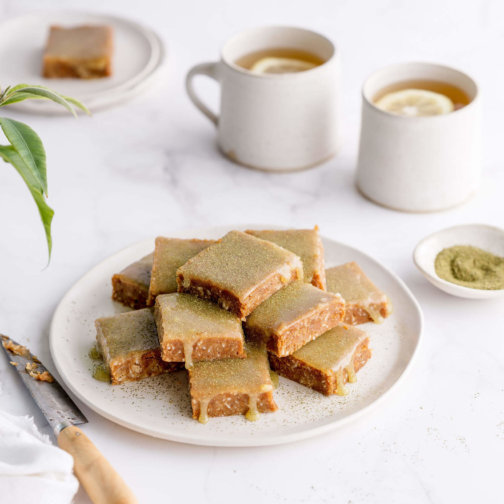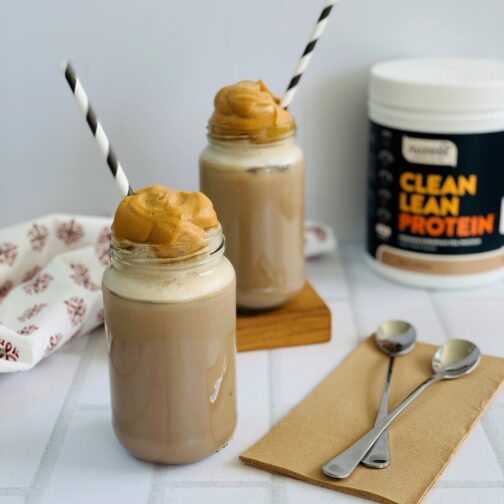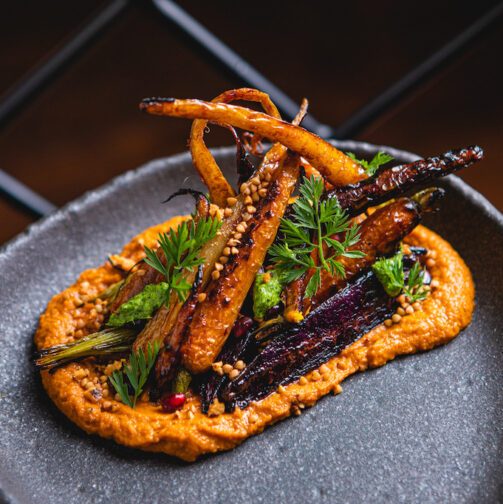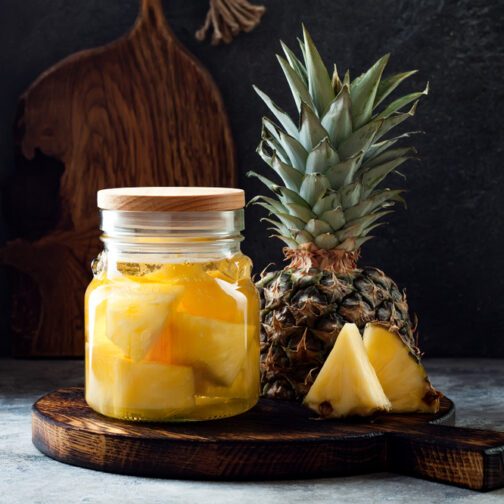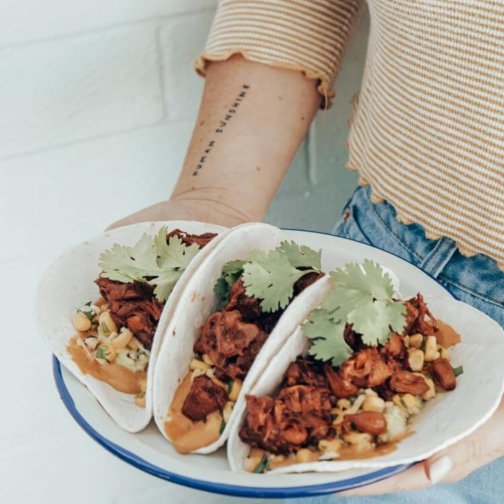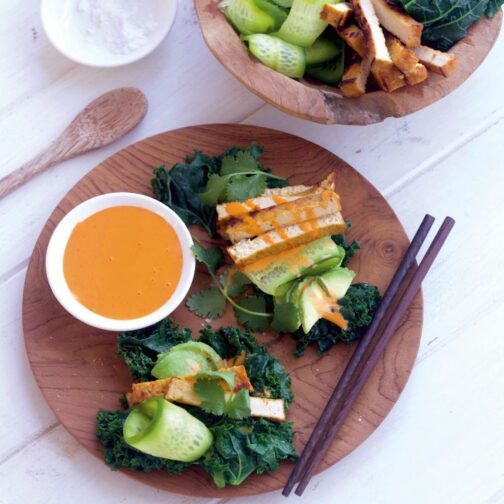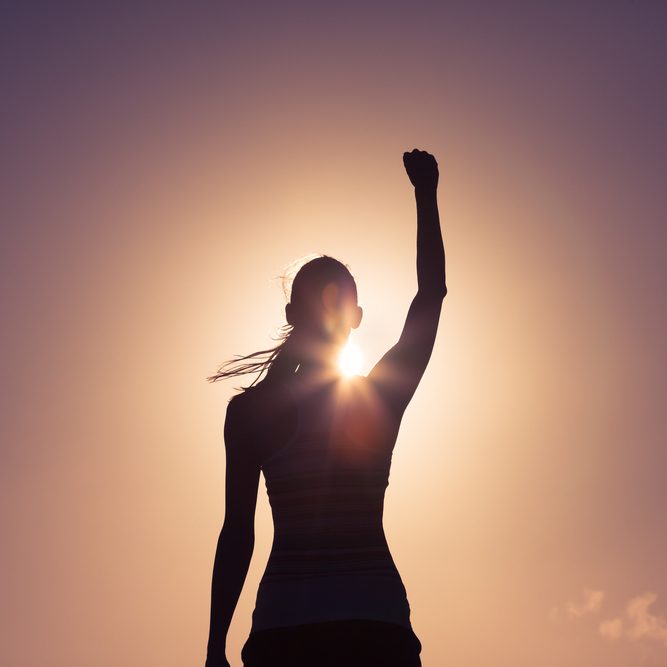
Emma Håkansson busts some common myths around the nutritional adequacy and accessibility of eating vegan.
When it comes to eating an animal-free diet, a number of persistent myths crop up time and again – especially when it comes to nutrition. Since going vegan at sixteen, Emma Håkansson’s heard them all. In this extract from her book, How Veganism Can Save Us, she clears up some of the most common claims and misconceptions.
MYTH: Eating soy will mess with my hormone levels
No, it won’t. Everything in the world is made up of chemicals. Inside of us, we have oestrogen. Inside of soy, there is phytoestrogen. These aren’t the same things. These chemicals can bind to our oestrogen receptors, but they don’t act the same way oestrogen does – so they won’t cause you to grow breasts if you don’t have any, or anything like that. Phytoestrogen actually has antioxidant and anti-inflammatory properties. Some people have pointed out that if soy milk, soy sauce, or soy-based meat alternatives really could help people grow larger breasts, they’d be in much higher demand!
MYTH: You need to take a B12 supplement as a vegan, so it must be an unhealthy way of living!
It’s true that vegans should take a B12 supplement or eat foods fortified with B12 (like a lot of plant milks are). But here’s what you might not know: B12 isn’t something that is exclusive to animals. B12 is a vitamin, and certain bacteria help to create it. These bacteria are found in soil, algae and even some plant sources. Animals eating grass and bits of soil will often benefit from the vitamin. While people who eat animals will get B12 from this, many people don’t realise that farmed animals are often fed or injected with a B12 supplement. We can supplement B12 far more directly by taking it ourselves. Additional fun fact: research from the Harvard School of Public Health has found that based on genetics – not diet – 40 per cent of people in the US may be deficient in this vitamin.
MYTH: My bones will get weak without the calcium from dairy
No, they won’t. Milk is a source of calcium, there’s no argument to that. However, it’s also designed to be full of fats and hormones that help a baby calf grow into a full-sized cow. We don’t need milk anymore once we’ve stopped drinking breast milk (cow’s milk is for baby cows like human’s milk is for baby humans). Plant-based sources of calcium are protective of bones, and don’t carry the risk of chronic disease that dairy products like milk, cheese and yoghurt do. Overall, risks of fractures or osteoporosis with healthy plant-based diets are low, as shown by peer-reviewed studies like Veganism and Osteoporosis: A Review of the Current Literature, which validates what healthy vegans walking around already experience.
MYTH: I won’t be able to have any muscle or play sports well
You’ll be able to have muscle, and play sports well if you want to. In the documentary The Game Changers, plant-based athletes including world record-holding strongman Patrik Baboumian, Kendrick Farris, the American record-holding weightlifter, record-holding ultramarathon runner Scott Jurek, two-time Australian running champ Morgan Mitchell, and eight-time US national cycling champion Dotsie Bausch crush this myth. There’s no science behind claims that people eating plant-based foods are at a disadvantage. There is, however, evidence that eating plant-based foods can improve vascular flow to muscles and decrease inflammation in the body, while increasing glycogen storage.
MYTH: Eating vegan is expensive; it’s a privilege for the few
Eating vegan is expensive only if you acquire a more expensive taste. Just like making a lentil and bean bolognese is cheaper than making one from beef, it will be cheaper than making one from vegan mince. Canned and tinned foods, seasonal, local vegetables are all more affordable than meat and dairy as long as you’re living somewhere where these foods are accessible – and chances are, you will be. Are you personally able to be vegan? We need to use our privilege to ensure we are protecting the planet, our communal health and the safety of animals, for those who genuinely aren’t able to right now.
***
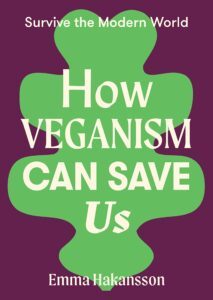 |
This article is an edited extract from How Veganism Can Save Us by Emma Håkansson. Published by Hardie Grant Books. |



